NESG, FDC worried as Nigerias debt profile continue to rise
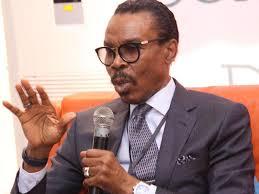
The Nigerian Economic Summit Group and the Financial Derivatives Company Limited, led by a foremost economist, Mr Bismarck Rewane, have raised concerns over the country’s high debt level.
Rewane, who is the managing director/chief executive officer of the FDC, is a member of the Economic Advisory Council, which was constituted by the President, Major General Muhammadu Buhari (retd.), in September last year.
The nation’s total public debt rose to N26.22tn as of September 2019 from N25.70tn in the same period of 2018, the Debt Management Office said last month.
Nigeria’s mounting debt profile is a major concern despite the country having about $900bn worth of dead capital in properties and agricultural lands (PwC Nigeria, 2019),” the NESG, a private sector-led think-tank, said in its 2020 Macroeconomic Outlook.
According to the group, some of the redundant assets are the National Art Theatre; the national stadia in Lagos and Abuja; Tafawa Balewa Square, Lagos; and the Federal Nursing Hospital, Ikoyi.
It said the government should consider unlocking finance and economic growth by commercialisation or privatisation of many of these dead capital/assets.
Rewane and other analysts at the FDC said in their latest bi-monthly economic and business update that the country’s debt had grown by 214.90 per cent over the past six years, from N8.32tn in June 2013 to N26.2tn as of September 2019.
“It is vital to employ proactive measures to reduce the current debt level,” they said.
According to the report, Nigeria is in dire need of infrastructure development to boost the economy but a litany of constraints has prevented it from achieving the necessary level of investment, despite its significant borrowing.
It listed the constraints as unproductive borrowing, exchange rate volatility, low-interest rate movements, inefficient loan utilisation, and poor debt management practices.
The FDC said, “As a result, the ever-increasing government spending is yet to yield any notable results; poverty is on the rise and health and educational facilities remain inadequate amid the fast-growing population. Debt service has become a significant portion of the expected revenue in 2020. It accounted for over 60 per cent of the government’s independent revenue in 2019.”
“The total debt has been increasing ($85.39bn) but total factor productivity growth has been declining (-0.4 per cent). This implies that the FG borrowings are hardly used for productive purposes. The debt service, after a while, becomes a burden on the government and its fiscal balance.”
It said the government’s efforts to generate more revenue from alternative sources should be intensified in order to prevent “an unnecessary debt burden on future generations.”


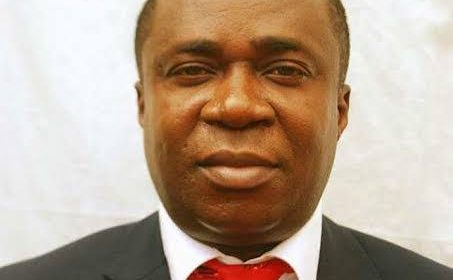
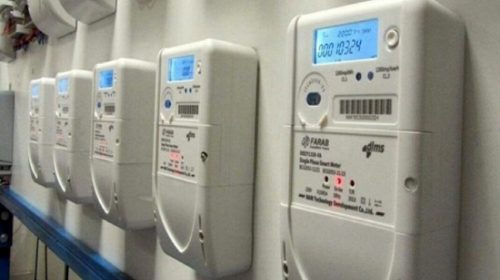
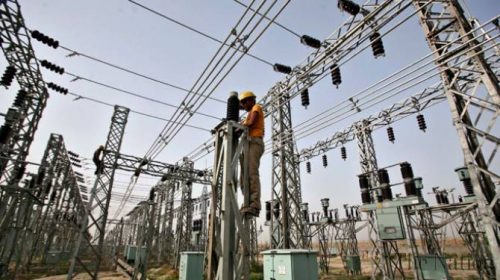
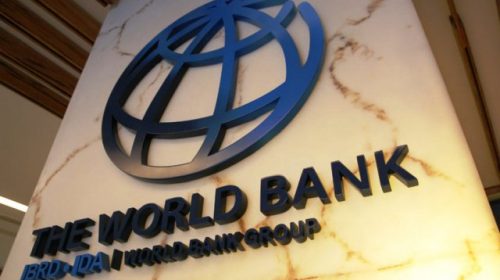

Leave a Reply